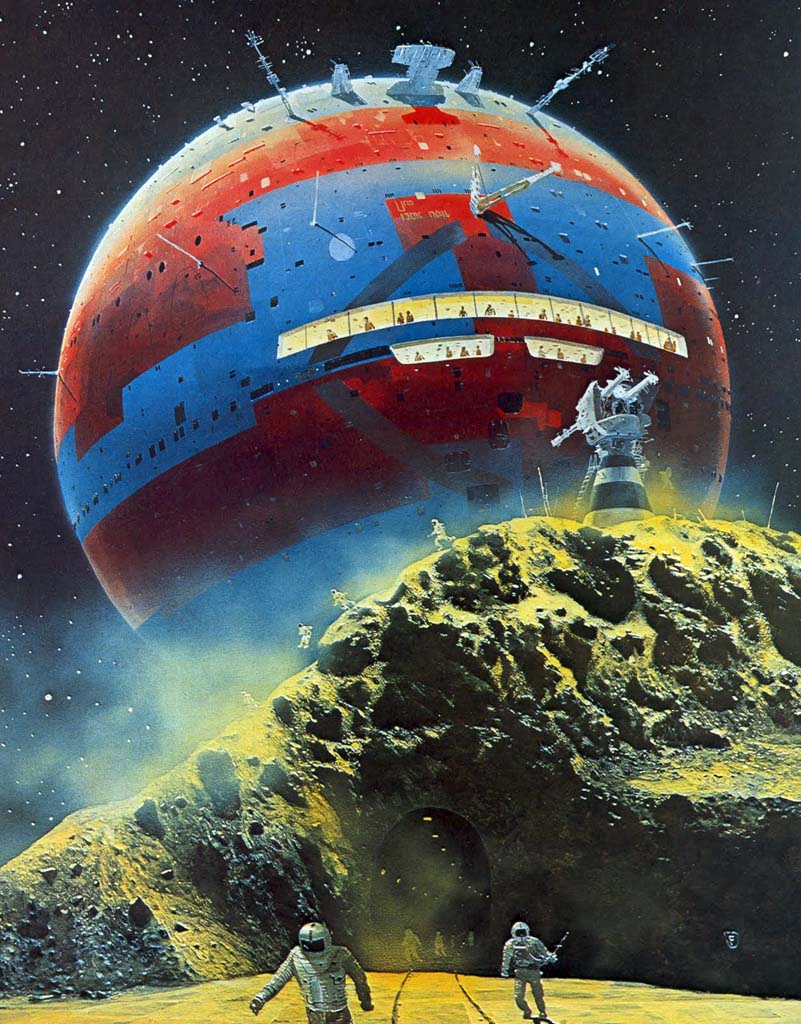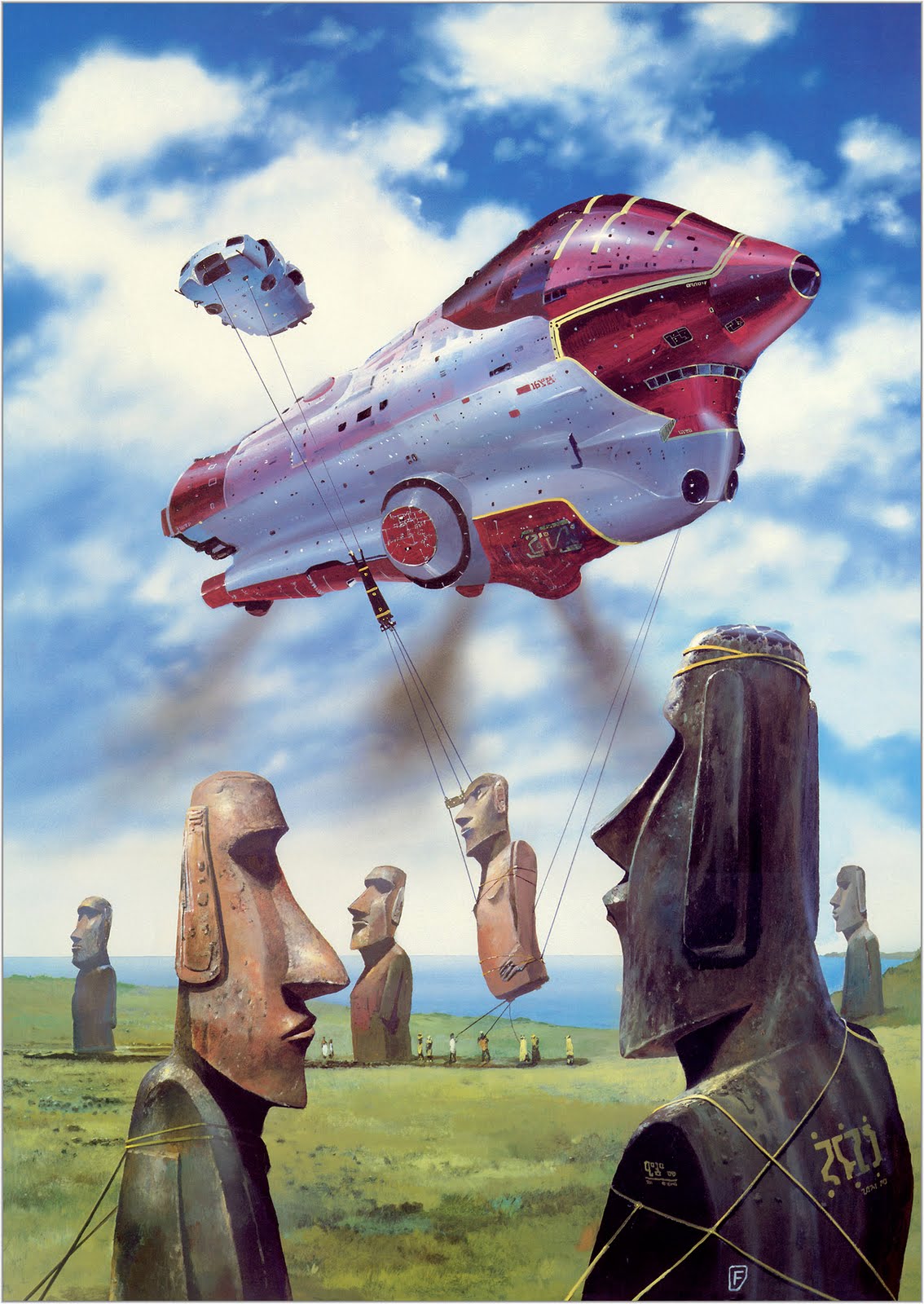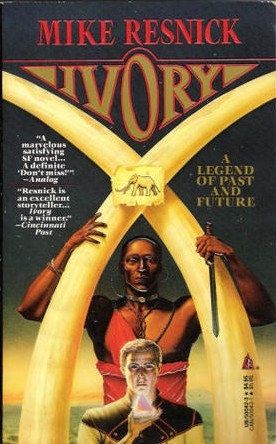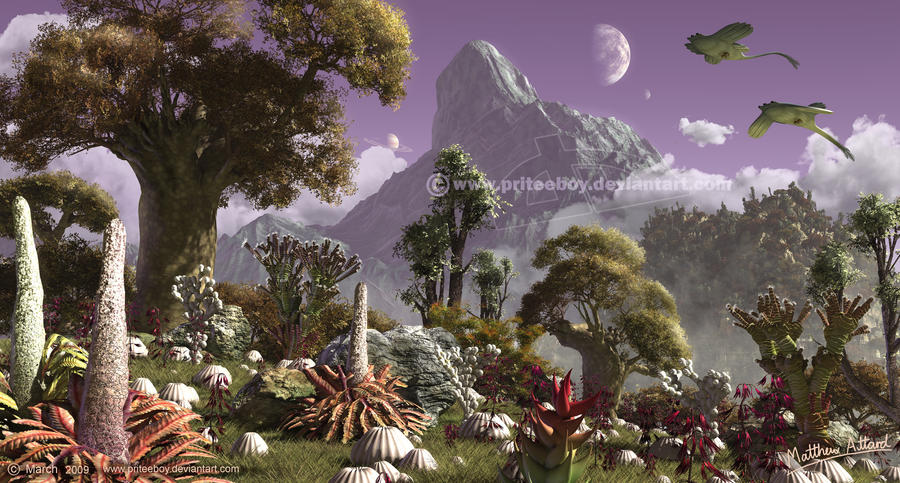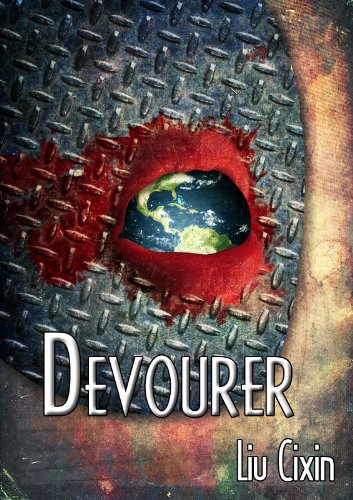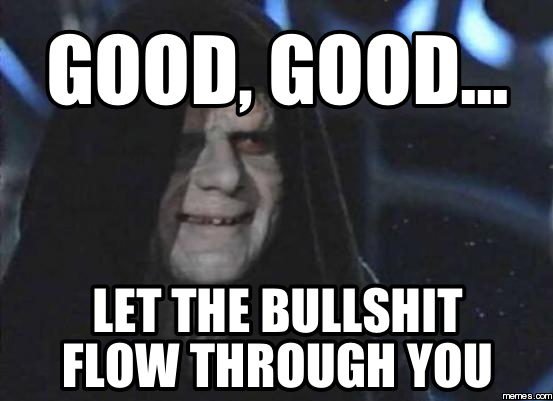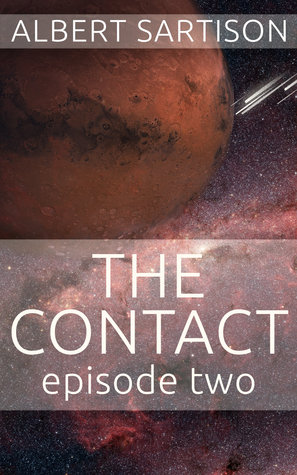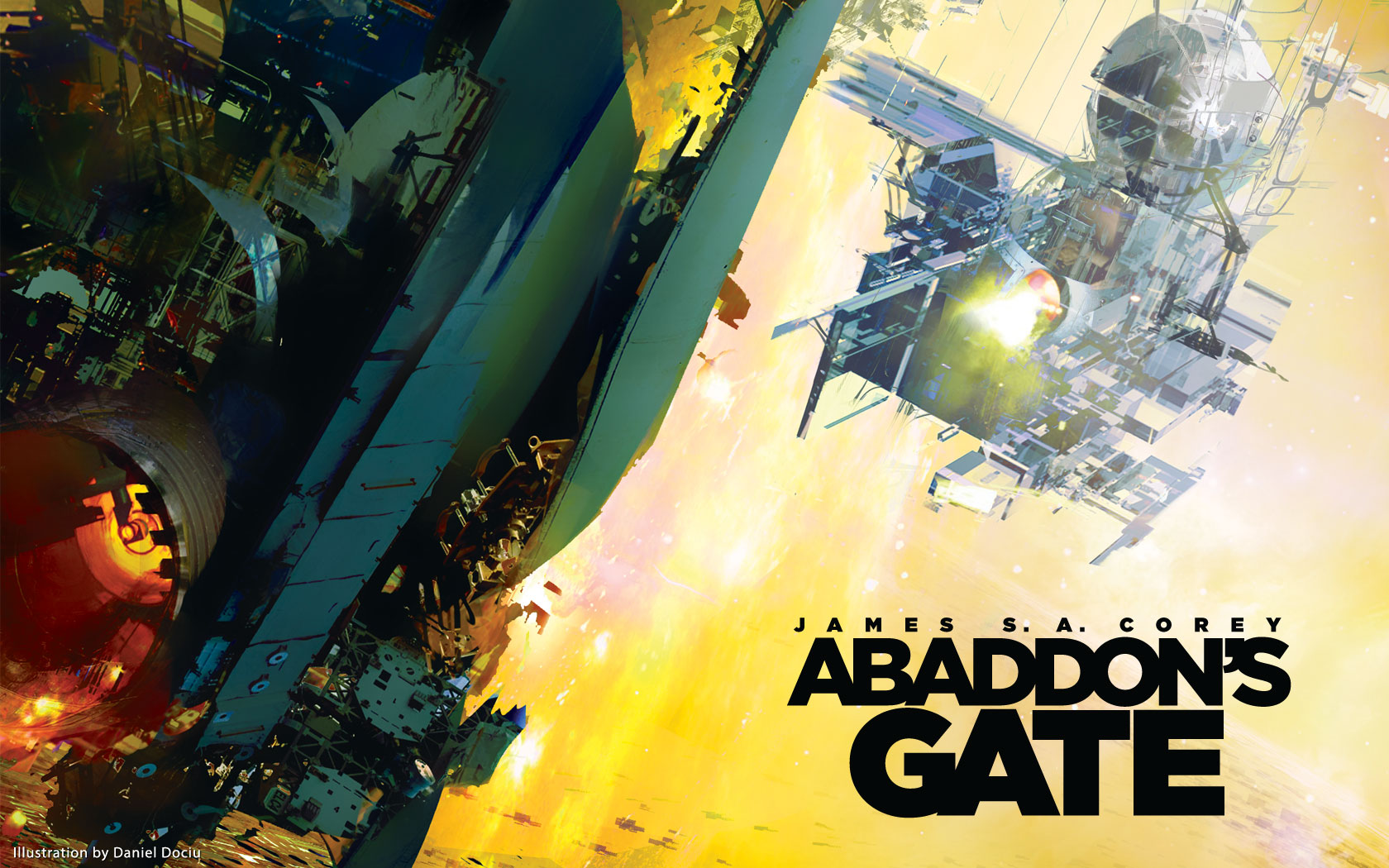 Ivory by Mike Resnick
My rating: 5 out of 5
Ivory by Mike Resnick
My rating: 5 out of 5
In the year 6303, when earth is bare of anything larger than an insect or a mouse and most people have left for the stars, Duncan Rojas receives a most unusual visitor. His name is Bukoba Mandaka, and he is the last of the Maasai.
Mandaka wants Rojas, senior researcher for Braxton's Records of Big Game, to find the tusks of the Kilimanjaro Elephant, tusks that weigh over 200 lb each. Why? Mandaka will not say, but he will pay enormous sums for them. And Rojas cannot resist the challenge of tracing something lost for 3000 years.
Back and forth through time, in card games, wars, and rivalries, Rojas searches. But as he begins to glimpse the elusive, lost power of ancient Africa, he is seduced, and before long the quest has become his own.
With Ivory, Mike Resnick has created a powerful novel spanning worlds and centuries, an exploration of the nature of history and legend, and a riveting parable for our times.
***** *** *****
What an epic story, and so powerful. I don't think that anyone with a soul could NOT be moved by this tale. A researcher on a distant planet is tasked with the challenge of locating a pair of enormous elephant tusks from an animal that died thousands of years prior on Earth, and the man wishing to obtain the tusks is quite an enigma, with a very profound reason for wanting the tusks. Mike Resnick spins the yarn in his usual style, which is incredibly easy to read and confirms again that he is one of the best storytellers of any genre.
Set in the Birthright universe with the usual impressive array of wonderful alien worlds and species with their associated differences, the story remains firmly rooted back on Earth in the wide open spaces of Africa. I approached the book very relaxed and in no hurry, but the pace of the story is steady if not brisk, and I soon found myself progressing through at quite a good rate. While it has quite a serious tone, Ivory is a book that, while reading it, I found myself smiling and chuckling away quietly at many of the goings on surrounding the twists and turns of the journey of the the elusive tusks. The way that the book also follows, as chapter introductions, the original quest of the impressive Kilimanjaro elephant who grew the ivory, is in wonderful contrast to the future galaxy in which the main body of the story takes place. In fact, I thought that one of the best sections is the least "sci-fi" of the book, a portion of the story set in the late 19th century describing the hunt for the elephant across wild African plains. The conclusion of the story is very satisfying and sobering, leaving you in a contemplative state of mind like many of the other stories in Resnick's Birthright universe.
Apart from some of the action sequences being quite brief, this book is simply brilliant, the dialogue is wonderful and I really felt like I was "in the room" with the characters, listening to the conversations, seeing the looks on their faces and sensing their emotions. This is easily the best of Resnick's work that I've read so far, and goes right into the top group of my all-time favorite fiction books. There are so many more of his stories that I am yet to read and if they're half as good as Ivory then that is a very, very exciting prospect.





